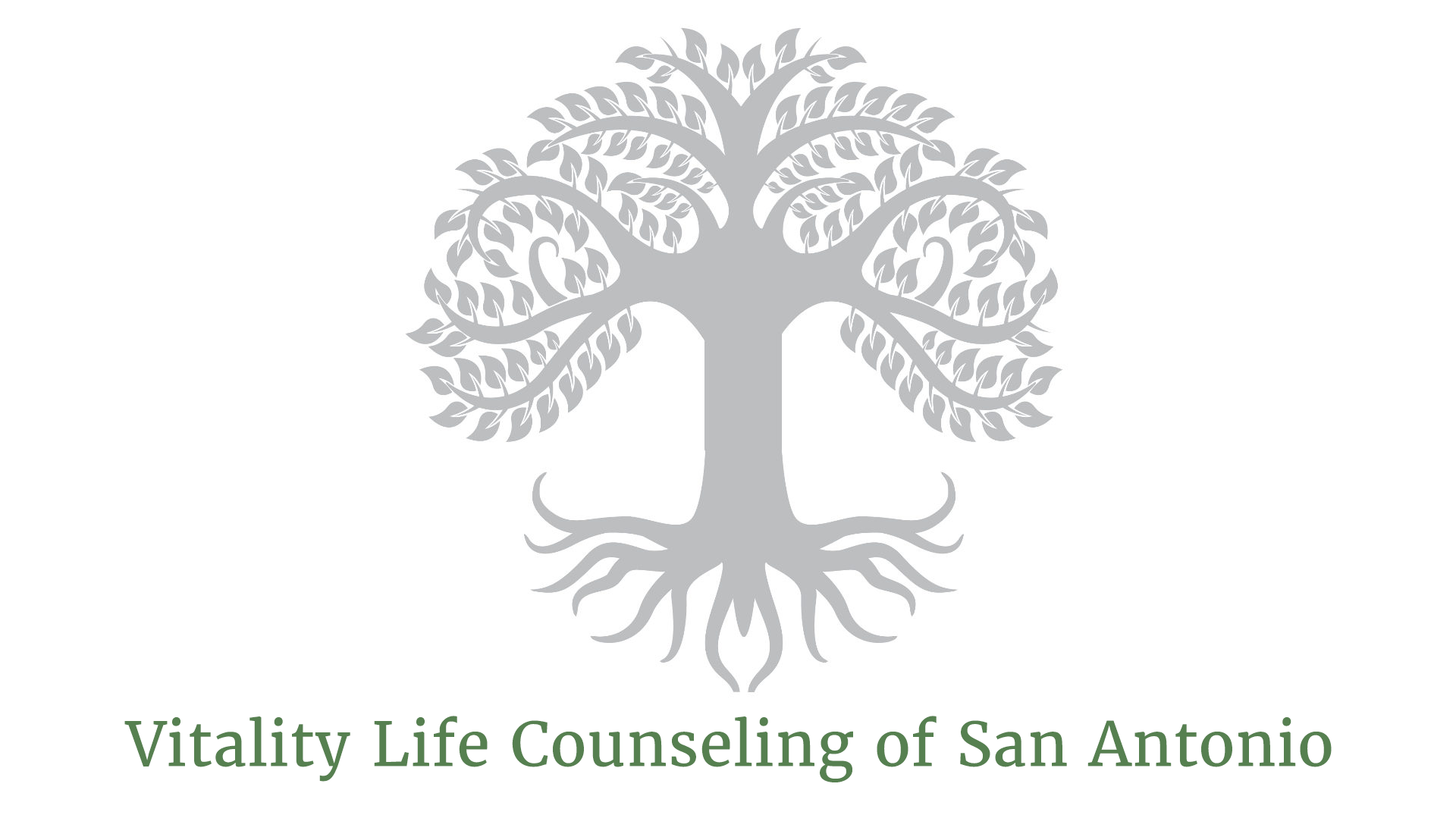Disordered Eating
Do you often feel out of control around food? Do you find yourself skipping meals or setting strict limits on what you eat? Are thoughts about your body shape or weight taking up too much space in your mind?
Disordered eating is a term used to describe a wide range of unhealthy eating behaviors that might not meet the criteria for a diagnosable eating disorder but are still harmful. These behaviors can vary in how often they occur and how severe they are, but they all have one thing in common: they can negatively impact your life.
The Impact of Disordered Eating on Your Life
While disordered eating may not result in the extreme symptoms seen in a diagnosable eating disorder, it has the potential to negatively impact a person’s life. For example, someone with disordered eating may miss work, school or personal events because of anxiety or discomfort around food, or because of an obsessive exercise routine. Their obsession with food and exercise may affect their ability to focus or concentrate, impacting their performance at work or school.
Physically, disordered eating can take a toll on your body, affecting everything from your heart health to your digestive system. Mentally, it can lead to negative self-talk, low self-esteem, and an increased risk of developing a full-blown eating disorder. Disordered eating also puts the individual at high risk for developing an eating disorder.
How do I know if I need professional help for my eating habits?
If you find yourself struggling with:
- Frequent dieting or obsessive calorie counting
- Rigid food restriction or skipping meals
- Feeling anxiety, guilt or shame about certain foods or food in general
- Obsessive exercising, or exercise to “punish” for overeating
- Binging and/or purging
- Self-worth or self-esteem because of your weight or body shape and weight
- Feeling out of control around food
… then you may be suffering from disordered eating.
What’s the difference between disordered eating and an eating disorder?
Disordered eating refers to a range of unhealthy eating behaviors that don’t necessarily meet the full criteria for an eating disorder diagnosis. These behaviors might include frequent dieting, food restriction, or obsessive thoughts about food and body image. While disordered eating may not be as severe as a diagnosed eating disorder, it can still significantly impact your physical and mental health. Addressing these behaviors early with the help of a therapist can prevent them
How Vitality Life Counseling of San Antonio Can Help
At Vitality Life Counseling of San Antonio, I understand that disordered eating is often rooted in deeper issues. As an experienced therapist, I will work with you to explore the underlying causes of your behaviors, helping you develop healthier habits and a more positive relationship with food and your body.
Individual therapy can help people examine their past to understand what led to these behaviors and learn to accept and love themselves as they are. You can also work together with a therapist to create healthier habits and develop coping mechanisms for difficult cues or triggers.
Take the First Step Toward a Healthier You
If you’re struggling with disordered eating, know that you don’t have to face it alone. Vitality Life Counseling of San Antonio is here to help you build a healthier relationship with food and yourself. Reach out today to schedule a consultation with an eating disorder therapist in San Antonio, Texas, and let’s work together to create a plan that supports both your body and mind.

